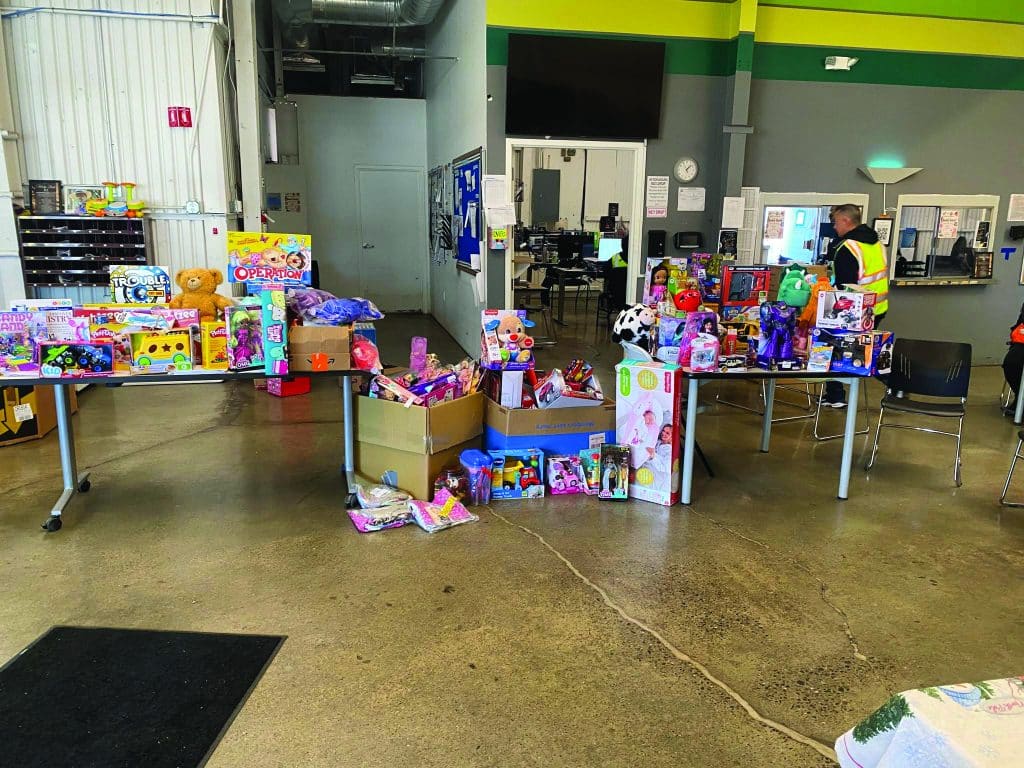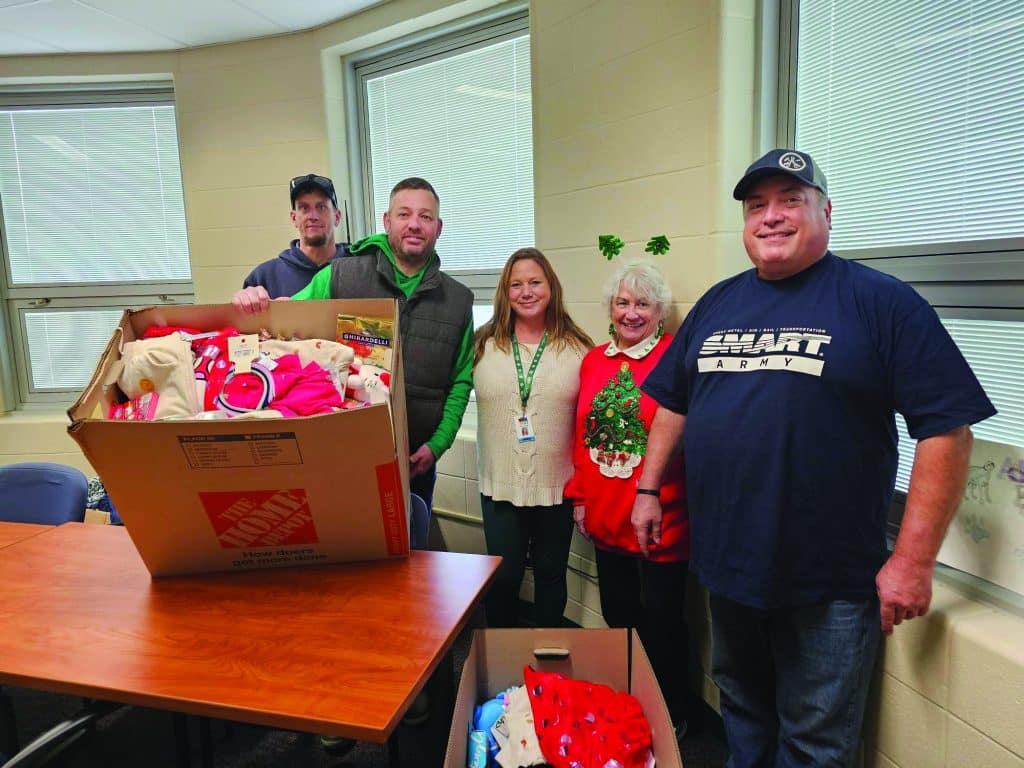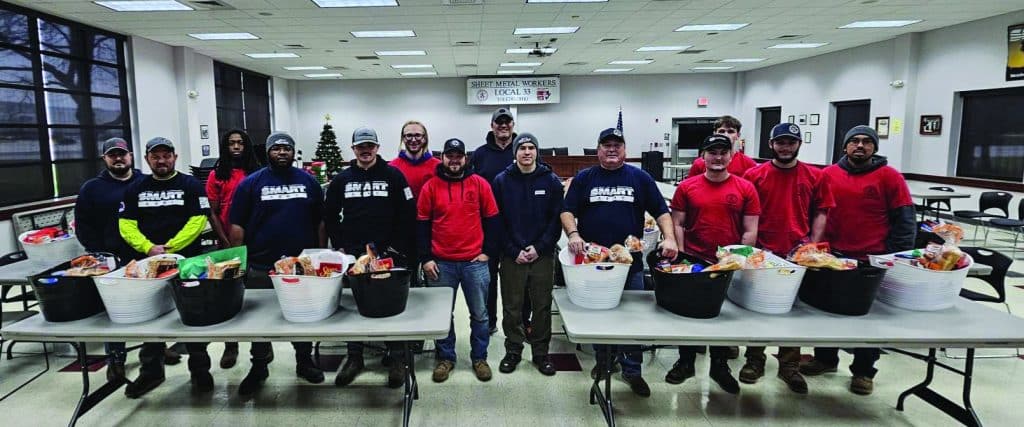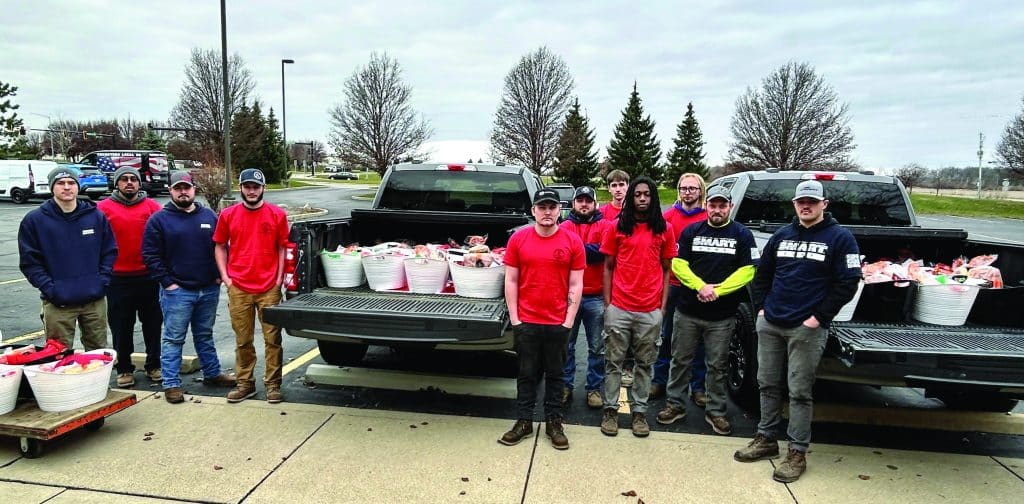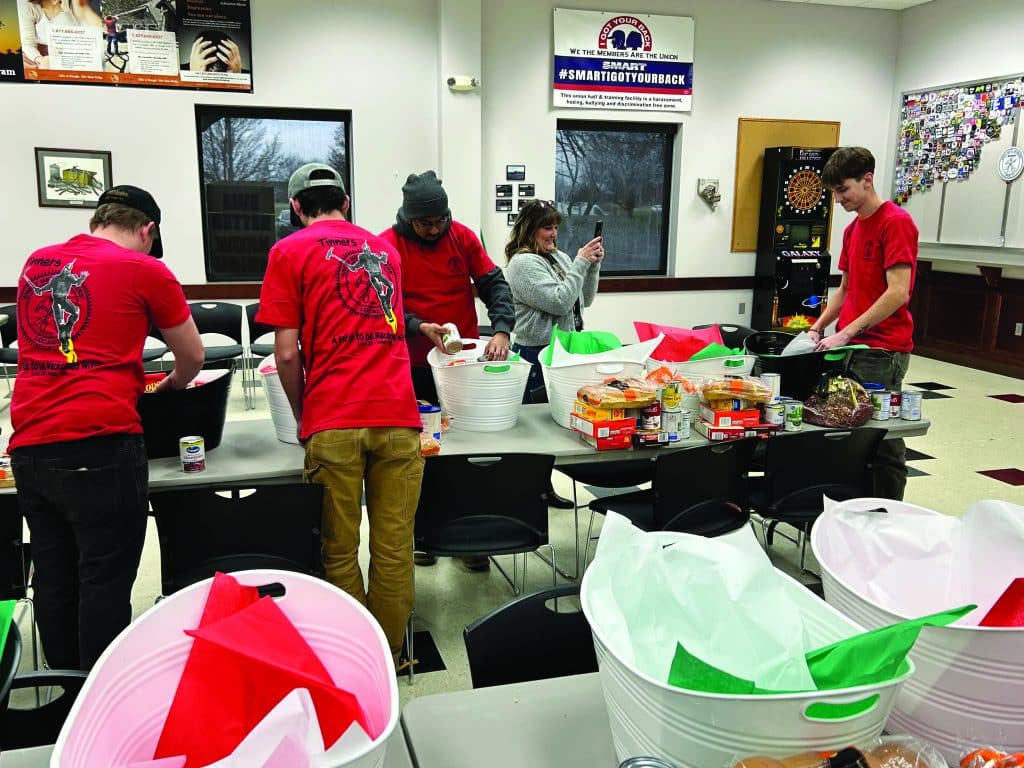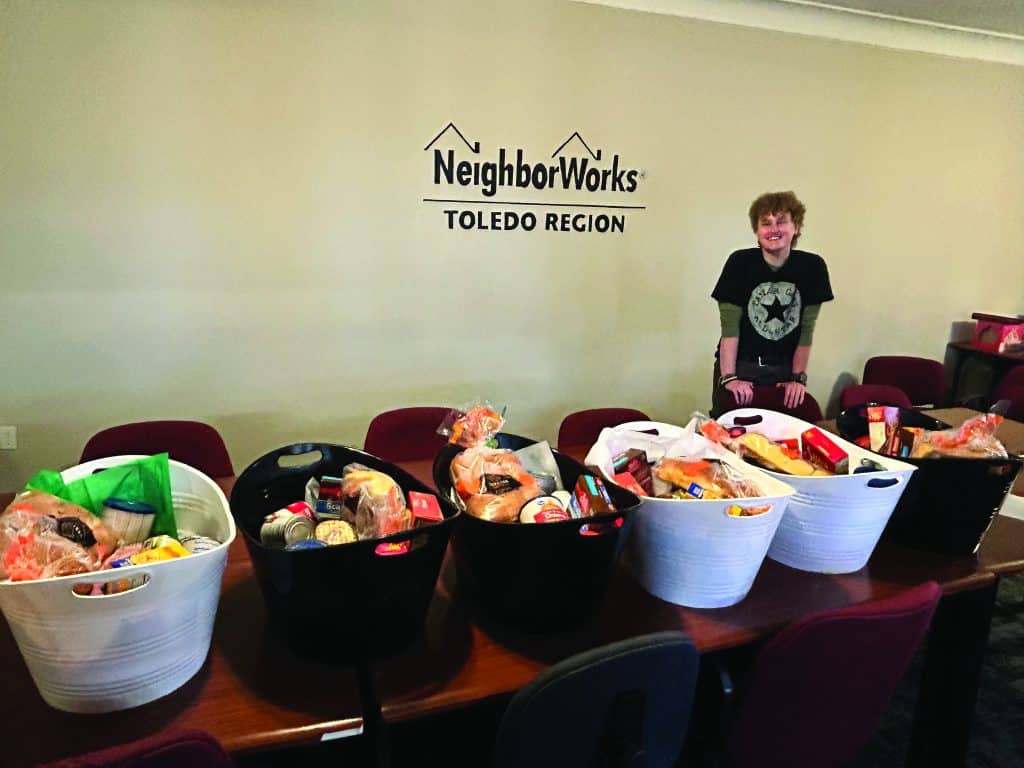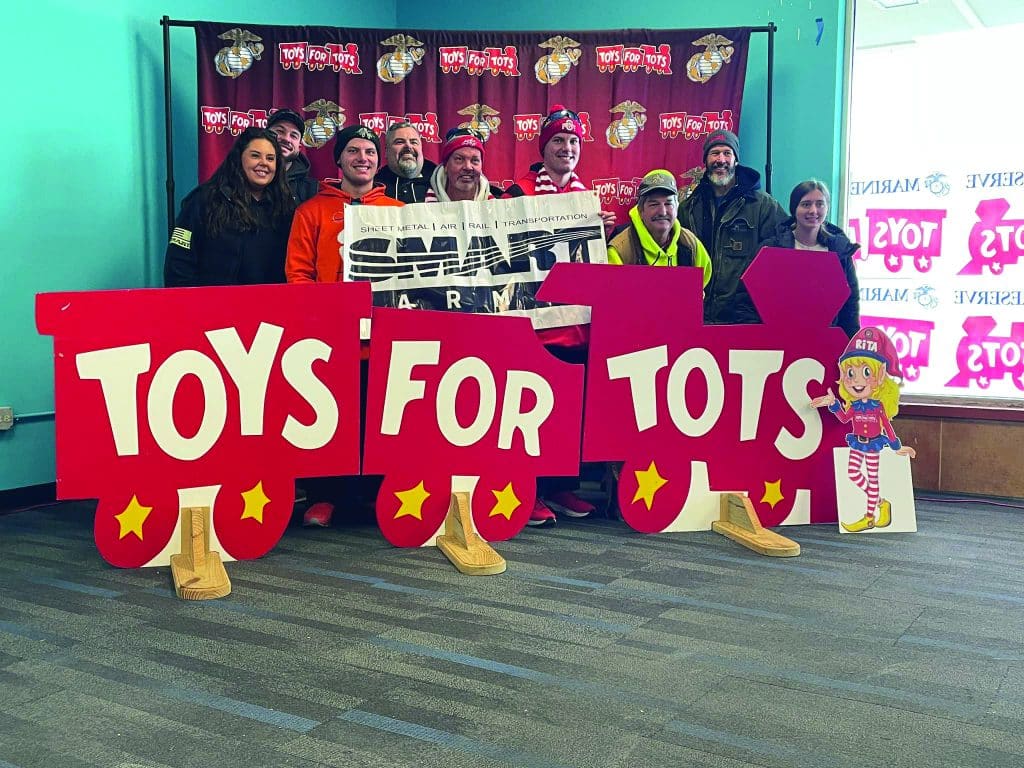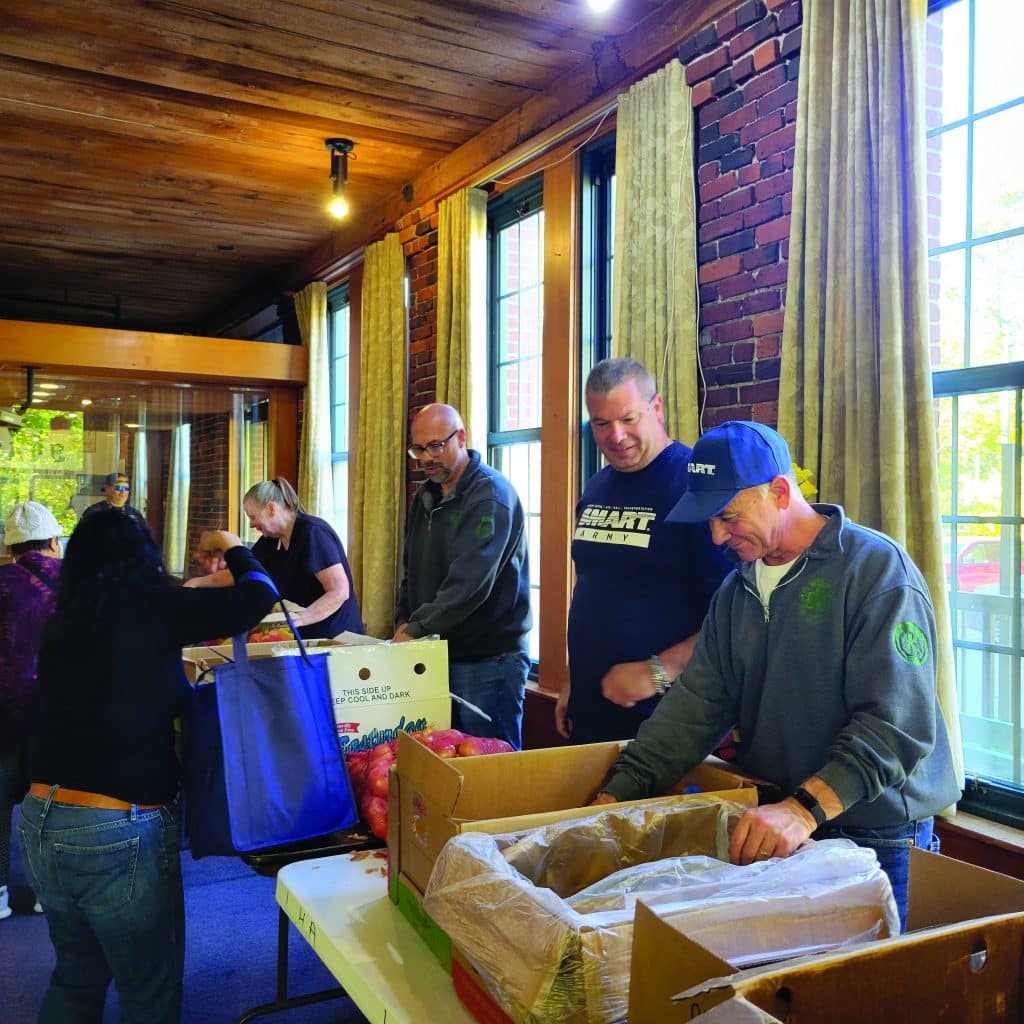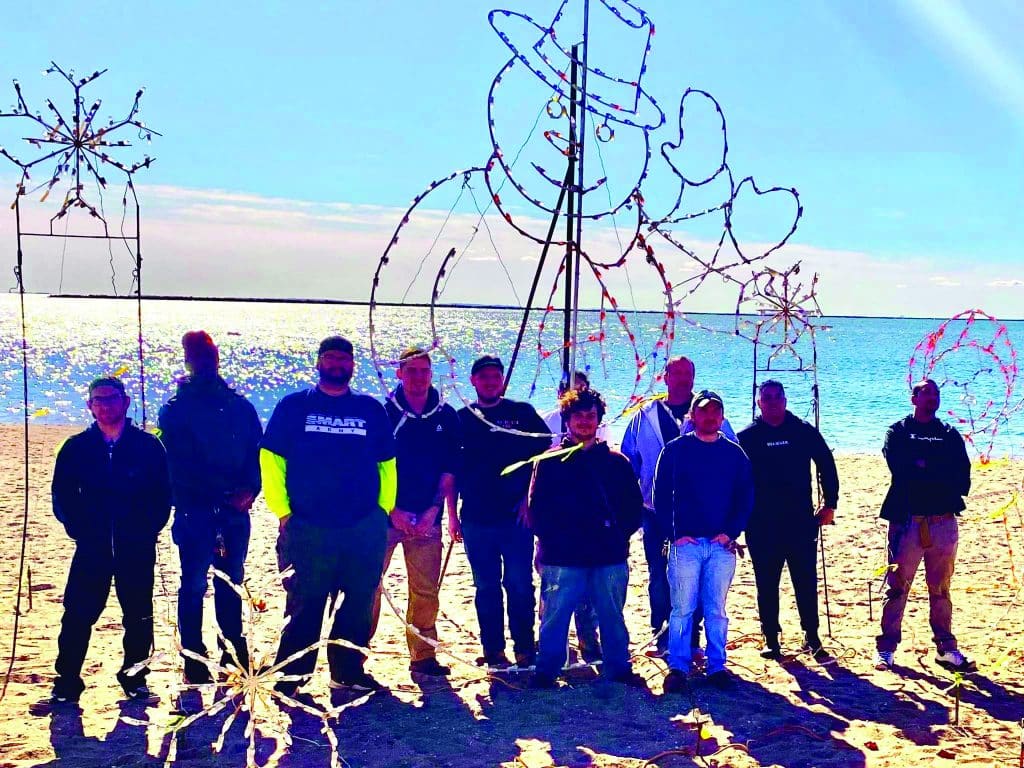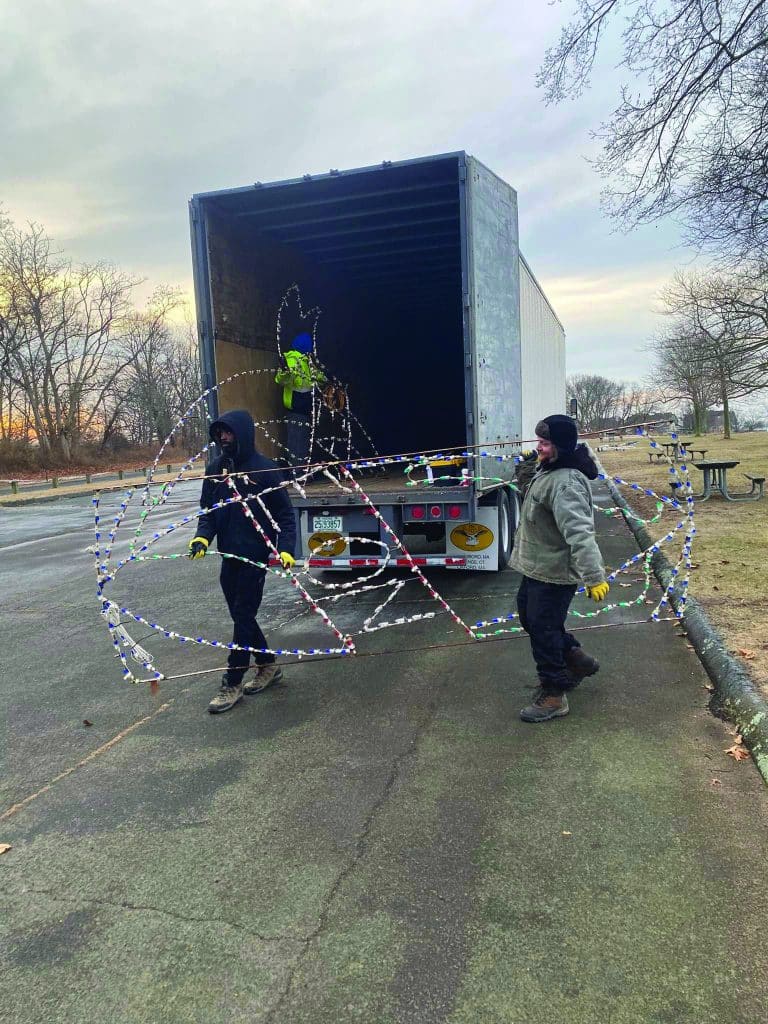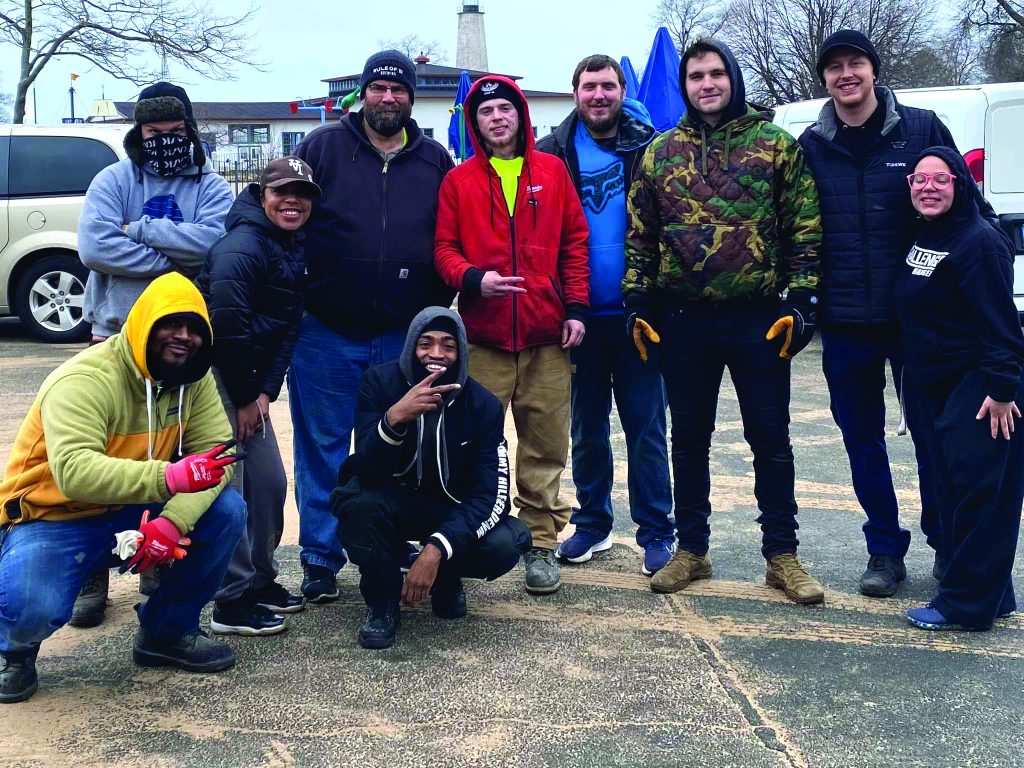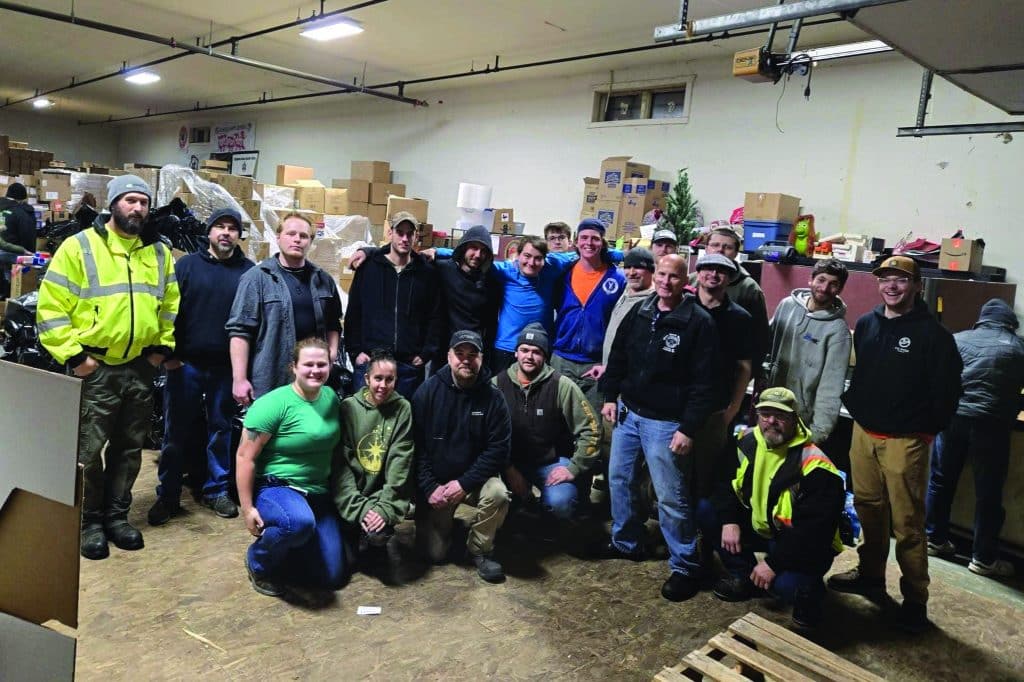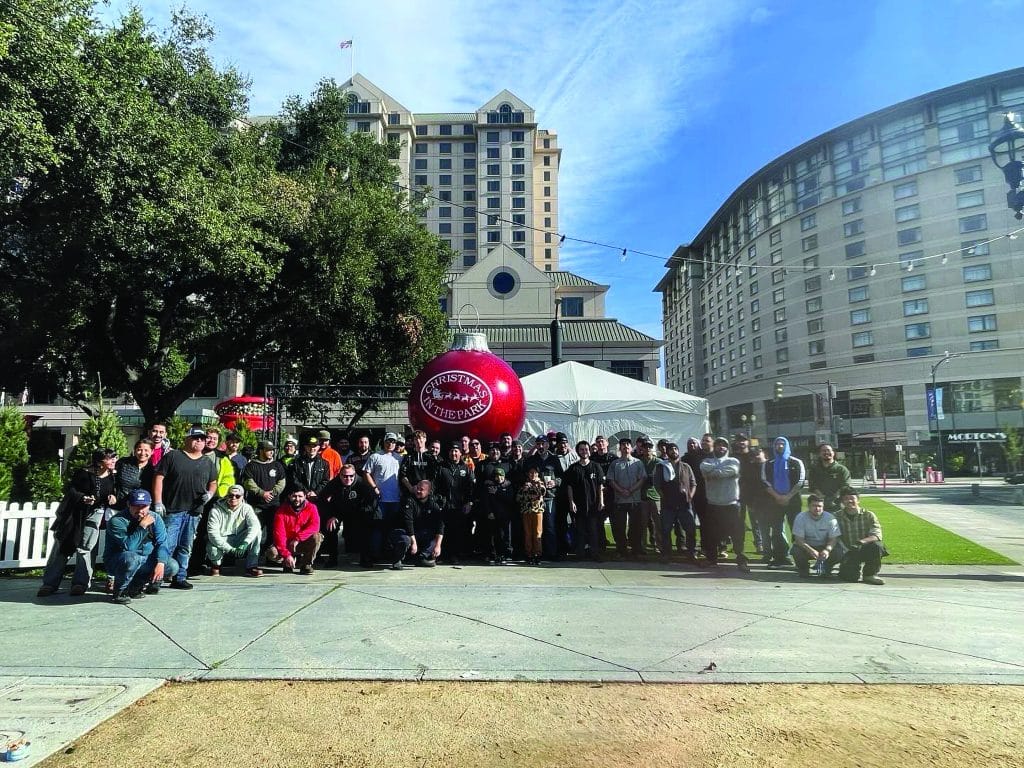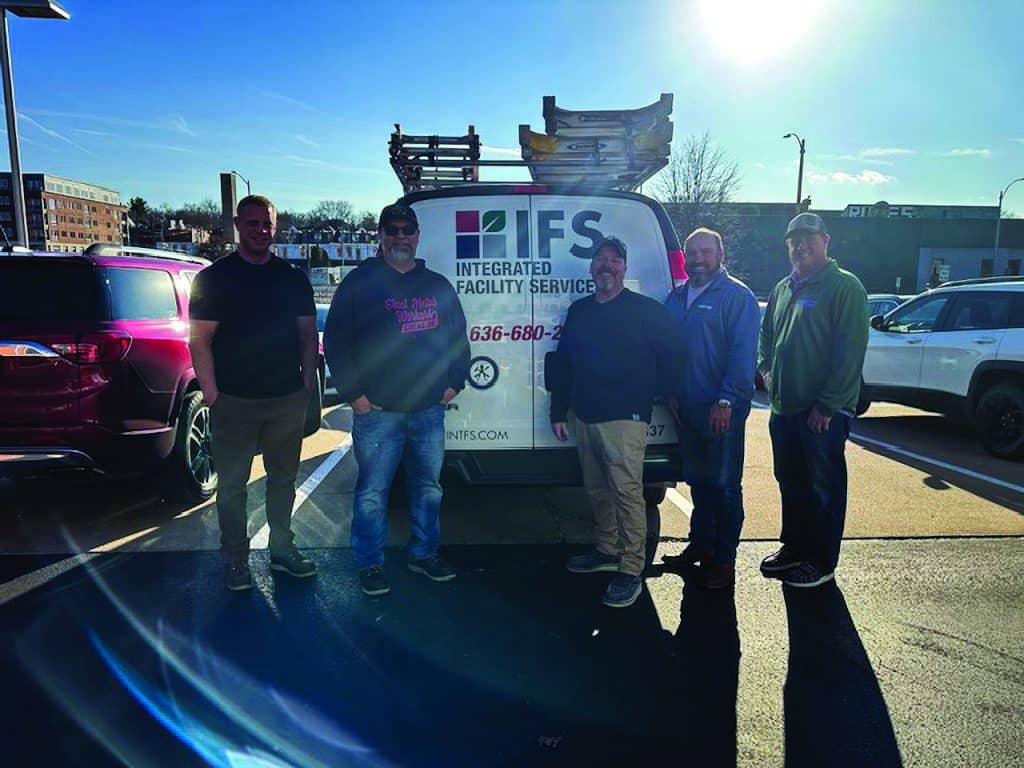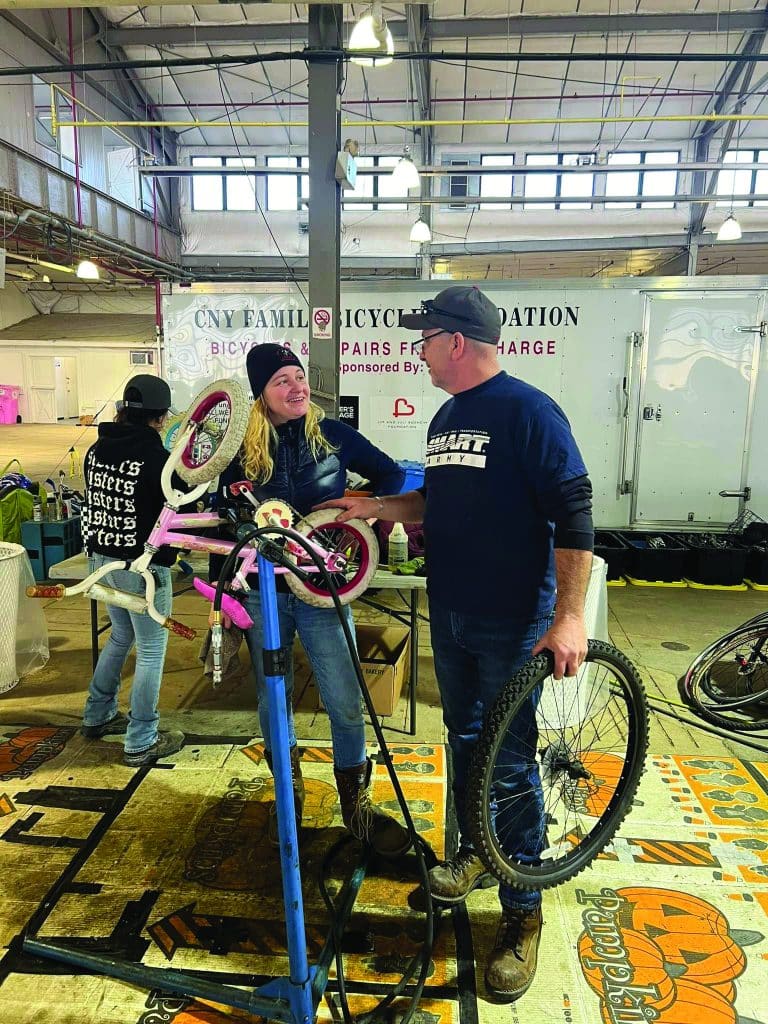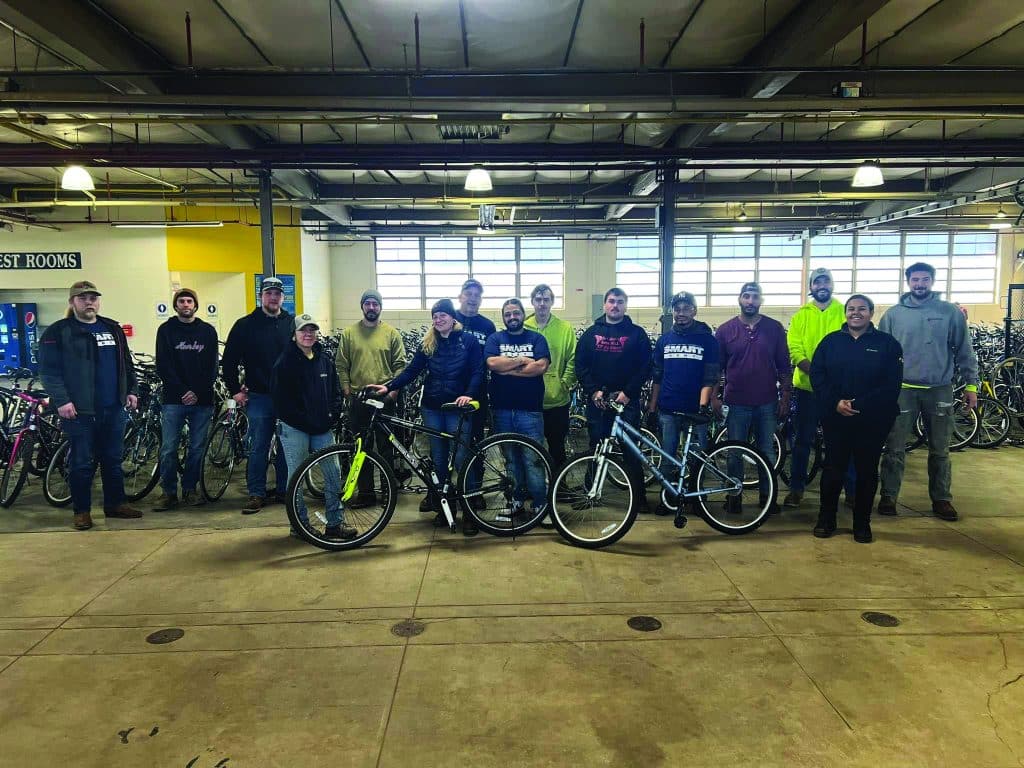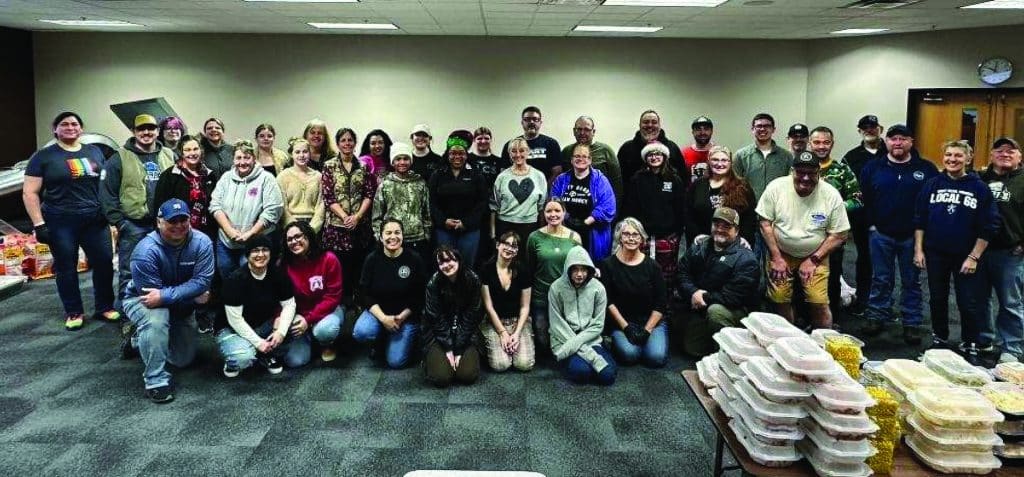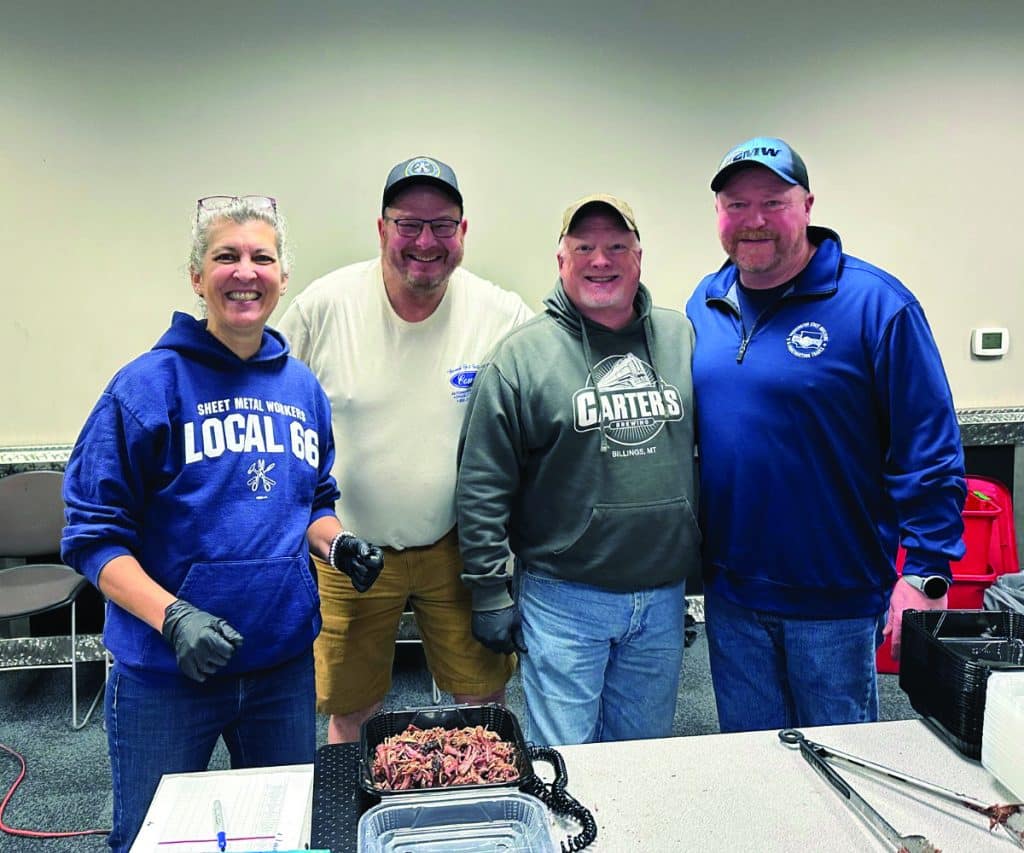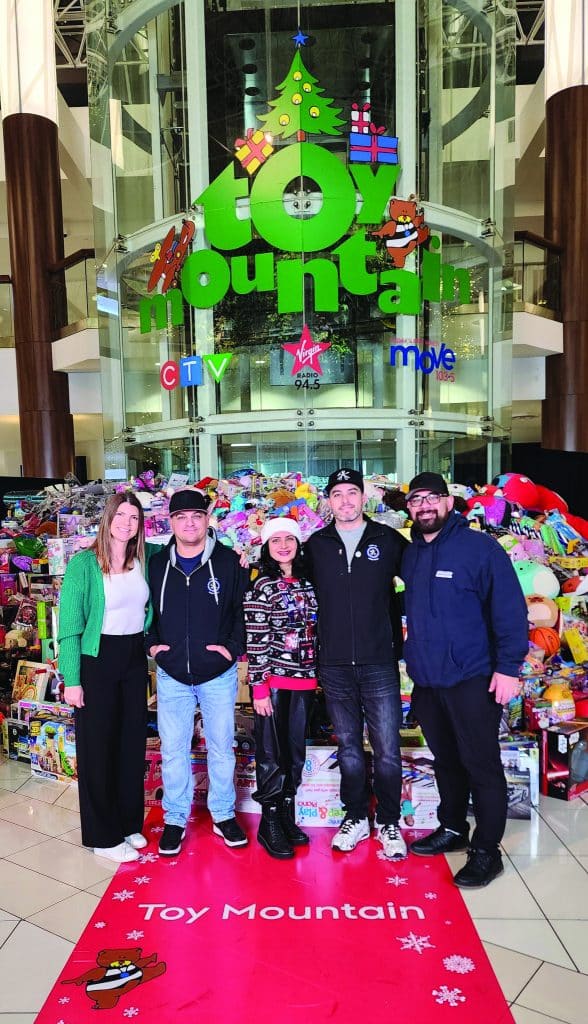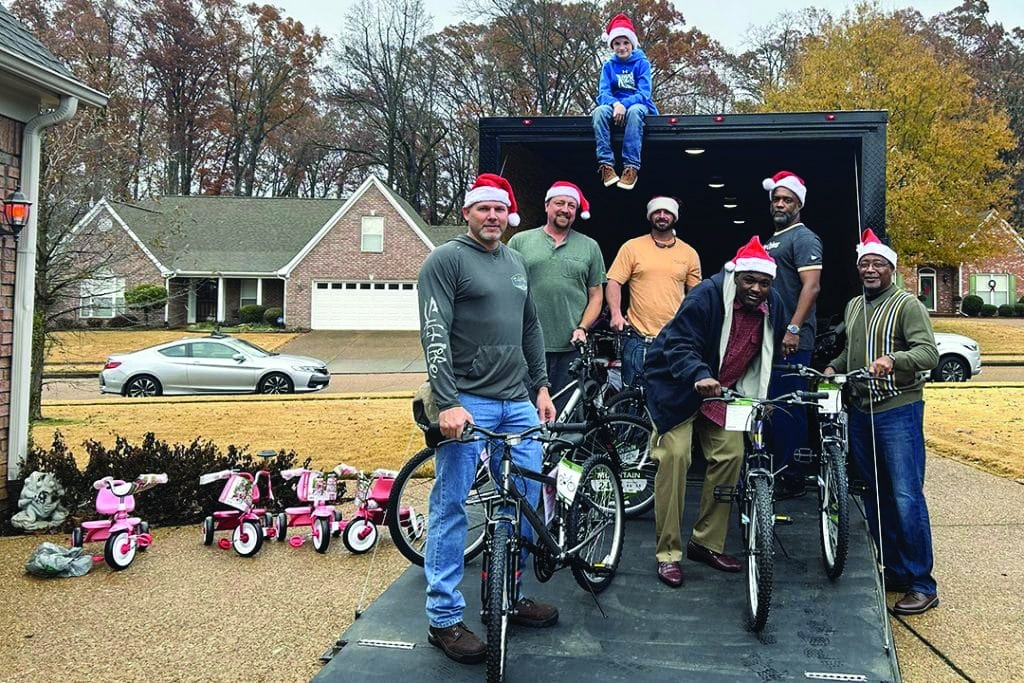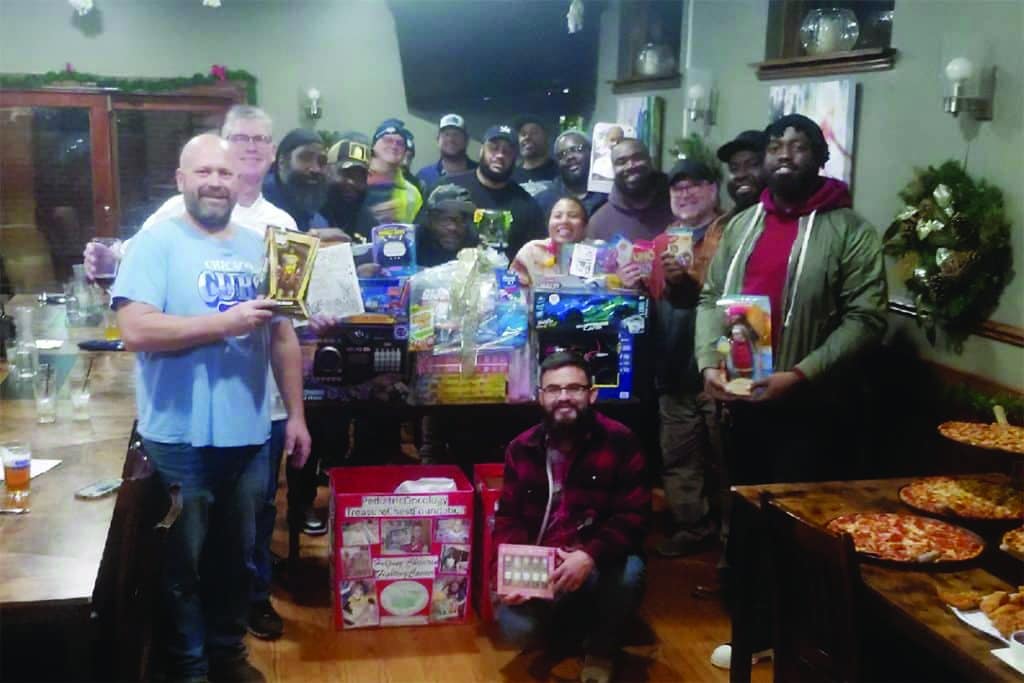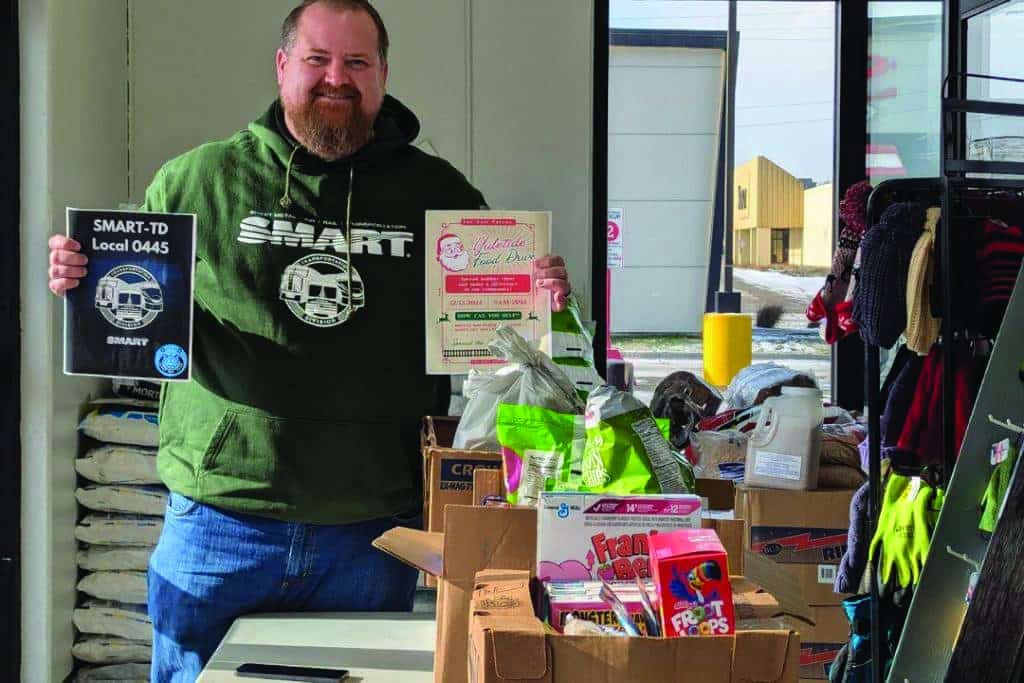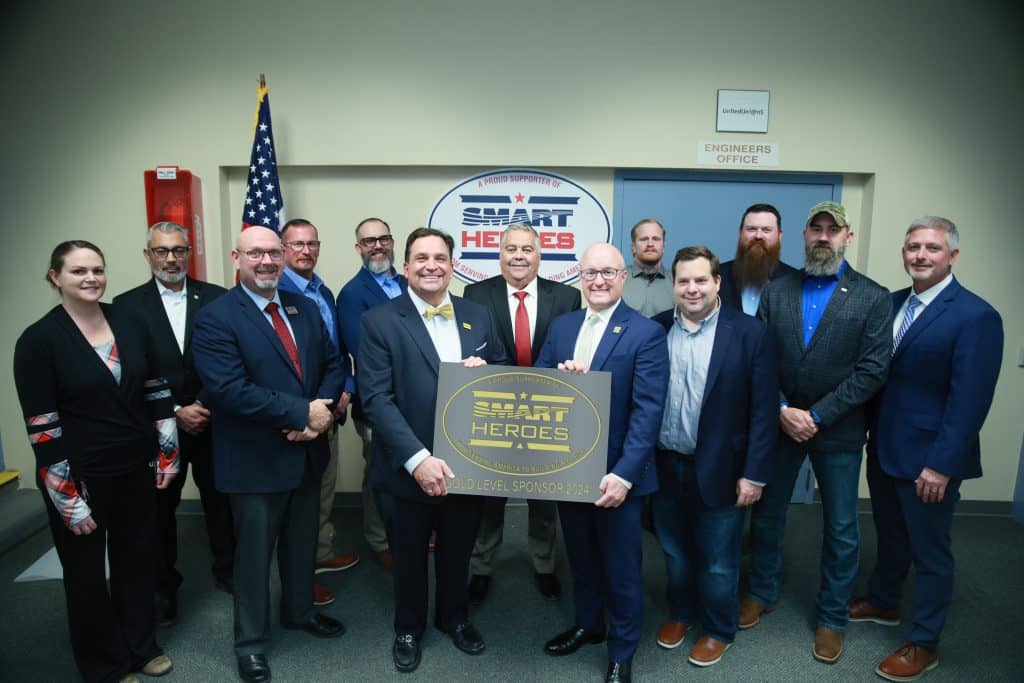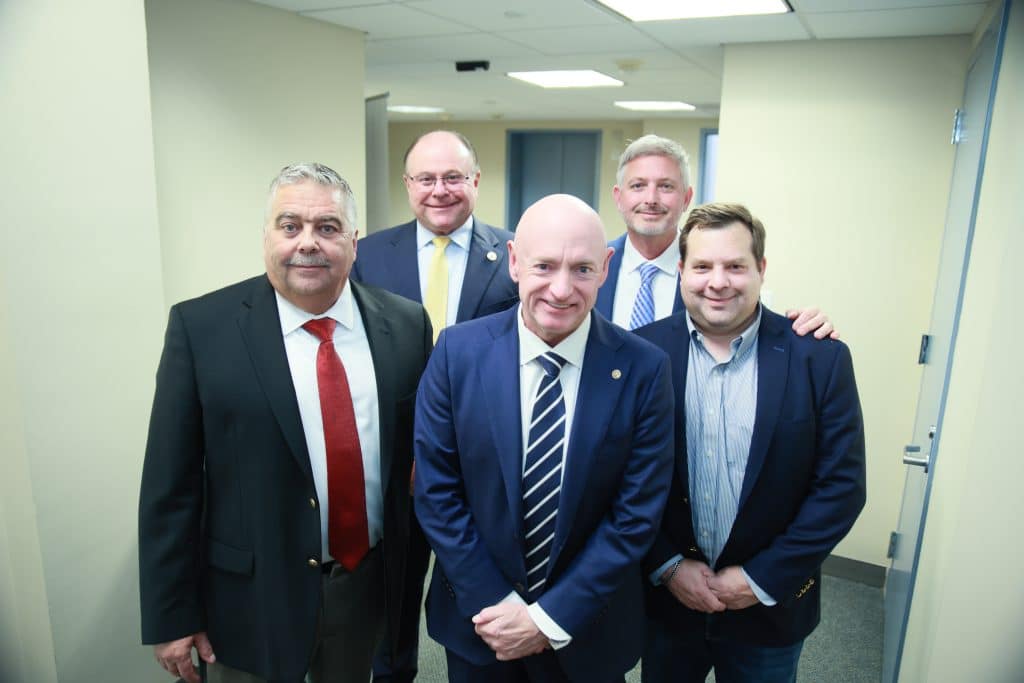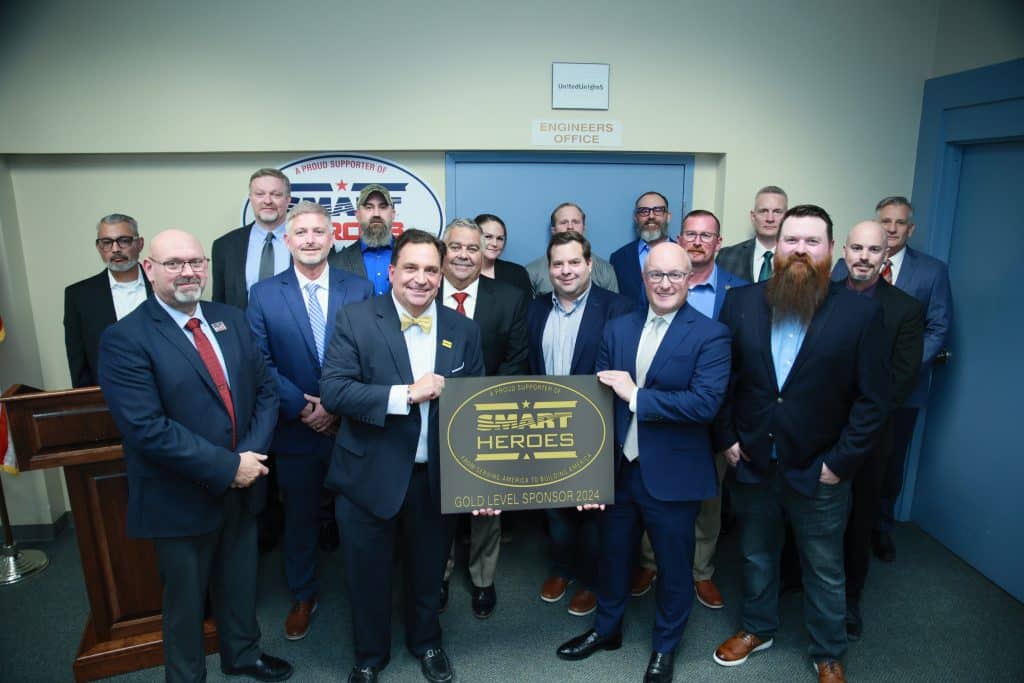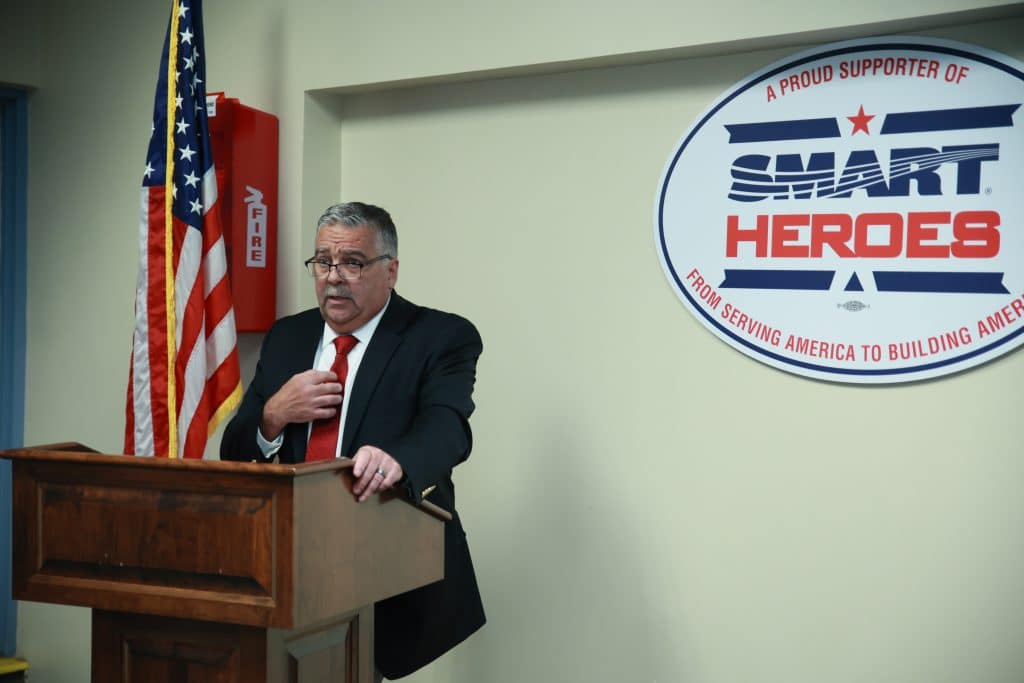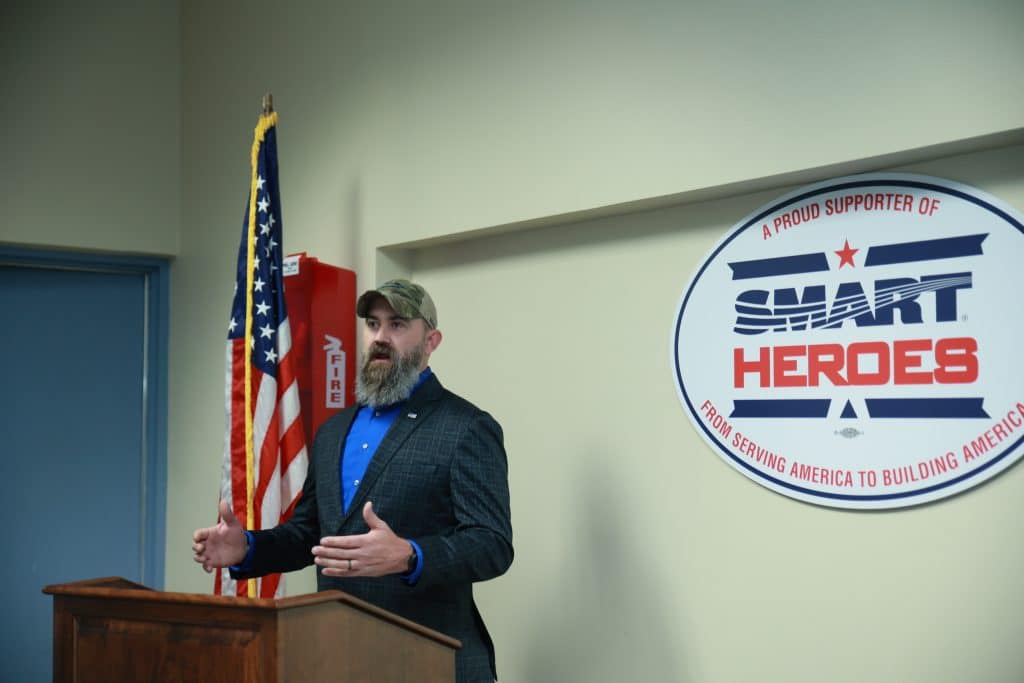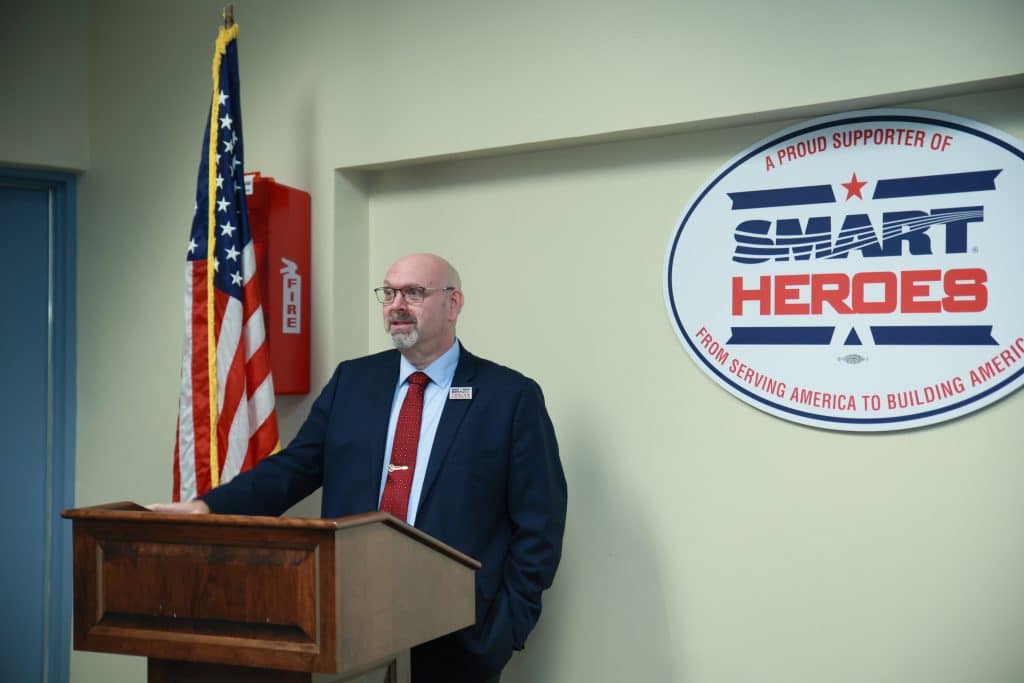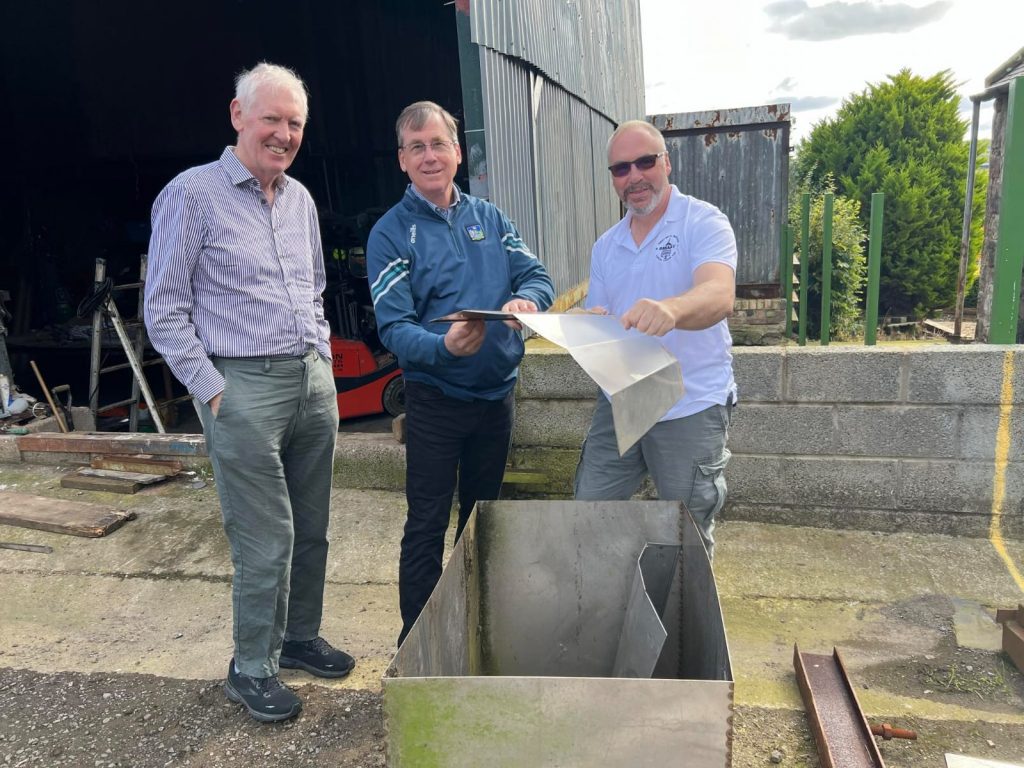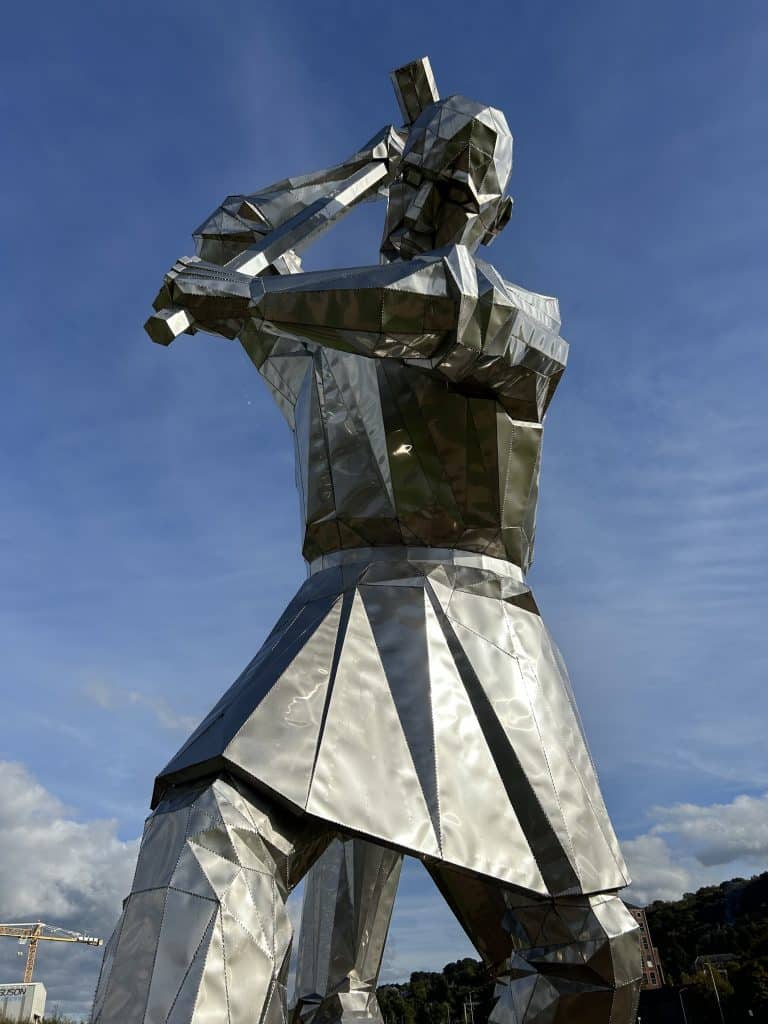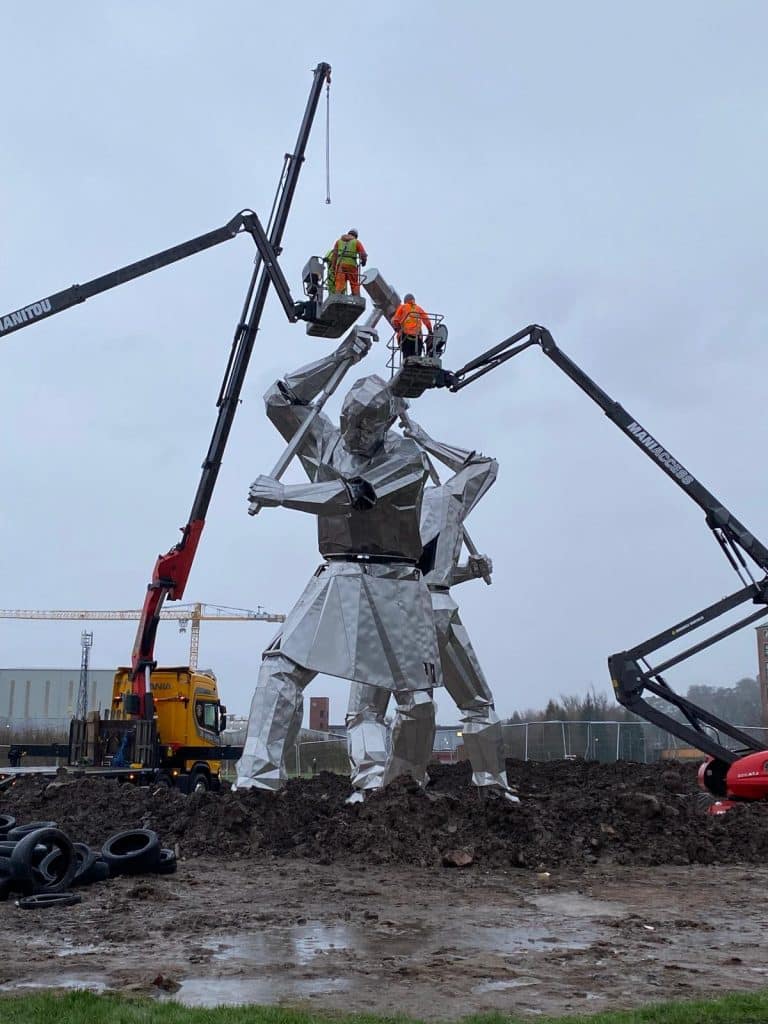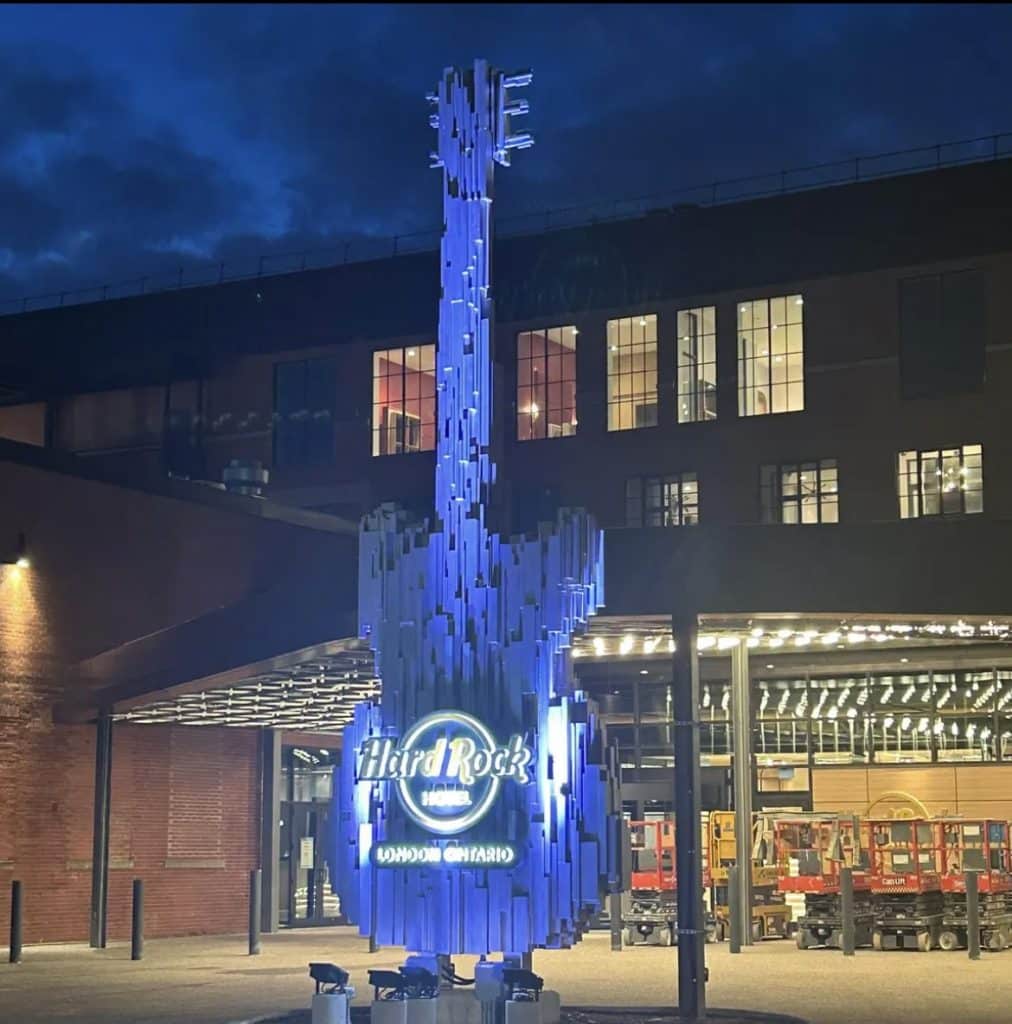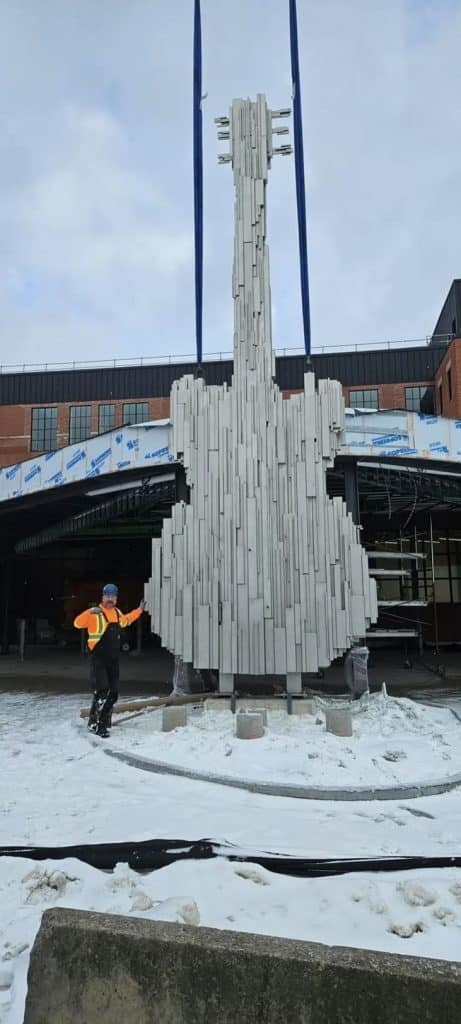The Centers for Disease Control (CDC) reports that construction is second only to mining when it comes to suicide rates in American professions. According to a 2020 survey, 83% of construction workers said they had struggled with mental health issues. And data from the National Survey on Drug Use conducted by the Substance Abuse and Mental Health Administration found that 12% of construction workers have an alcohol abuse disorder, compared with the national average of 7.5%.
For all those reasons — and as part of our union’s core values of solidarity and safety — SMART and the Sheet Metal Occupational Health Institute Trust (SMOHIT) started the SMART Members Assistance Program (MAP) approximately 10 years ago. Now, in addition to SMART MAP, members at participating local unions also have access to an employee assistance program called Union EAP, founded by SMART MAP consultant and subject matter expert Ben Cort.
“[Union EAP] is based on a premise that our members are asked to do way too much when they’re in a time of crisis: You make a phone call, and you basically end up getting a list back of a bunch of different places that you can call if you want to,” Cort said. “The idea that we had with this was much more of a concierge kind of mental health service. You call, you speak to a clinician, that clinician does a full assessment, understands what’s going on, and then builds an individualized and personal plan for you and for your family. And then we see you through all of it.”
Alongside SMART Director of Wellness and Mental Health Support Chris Carlough — and as part of his work with the SMOHIT helpline, which provides a resource for members to call when they are experiencing crisis or need a helpful ear — Cort has been taking phone calls from members for the last five or six years, helping direct them to resources and work their way through mental health crises. He said that aspect of his profession is “one of the most rewarding things in my entire career.”
Many employee assistance programs fall short of the standard SMART sets for member benefits. For instance, Carlough reported, “we have seen EAPs categorize hits on their website as contacts or in many cases ‘member engagement,’ which is quite the stretch. Also, the limited number of providers available through EAPs can be a challenge for our members.” According to the National Council of Mental Wellbeing, he noted, “the average wait time to access mental health support is about six weeks. If you’re looking for a specialist in a certain area or with specific attributes, wait times can stretch into months.”
Some perks of Union EAP, according to Carlough:
- Every call is taken by a licensed clinician, 24/7/365.
- Their primary key performance indicator (KPI) is increased utilization rates, versus website visits or other metrics.
- Each case is led by a master’s-level clinician, who works with the member and their insurance and builds a personalized plan.
The work done by professionals throughout SMART and SMOHIT is all part of fostering a union-wide environment that helps SMART members feel comfortable talking about mental health and seeking help when they need it. The more we can provide those resources, Carlough maintained, the better we will be able to keep our fellow union workers healthy and safe.
“We don’t necessarily want to talk about it on the jobsite, but when we’re given a safe space to be able to talk a little bit about it, we have our members really opening up on how they’re feeling. How they’re dealing with divorce, for example, what they’re struggling with — whether it’s mental health, substance use,” he said. “We’ve had members express that they have suicidal ideations — and we [can support] them. We have these moments in these trainings [when] I really feel like our union is light years ahead of other building trades unions in this.”


